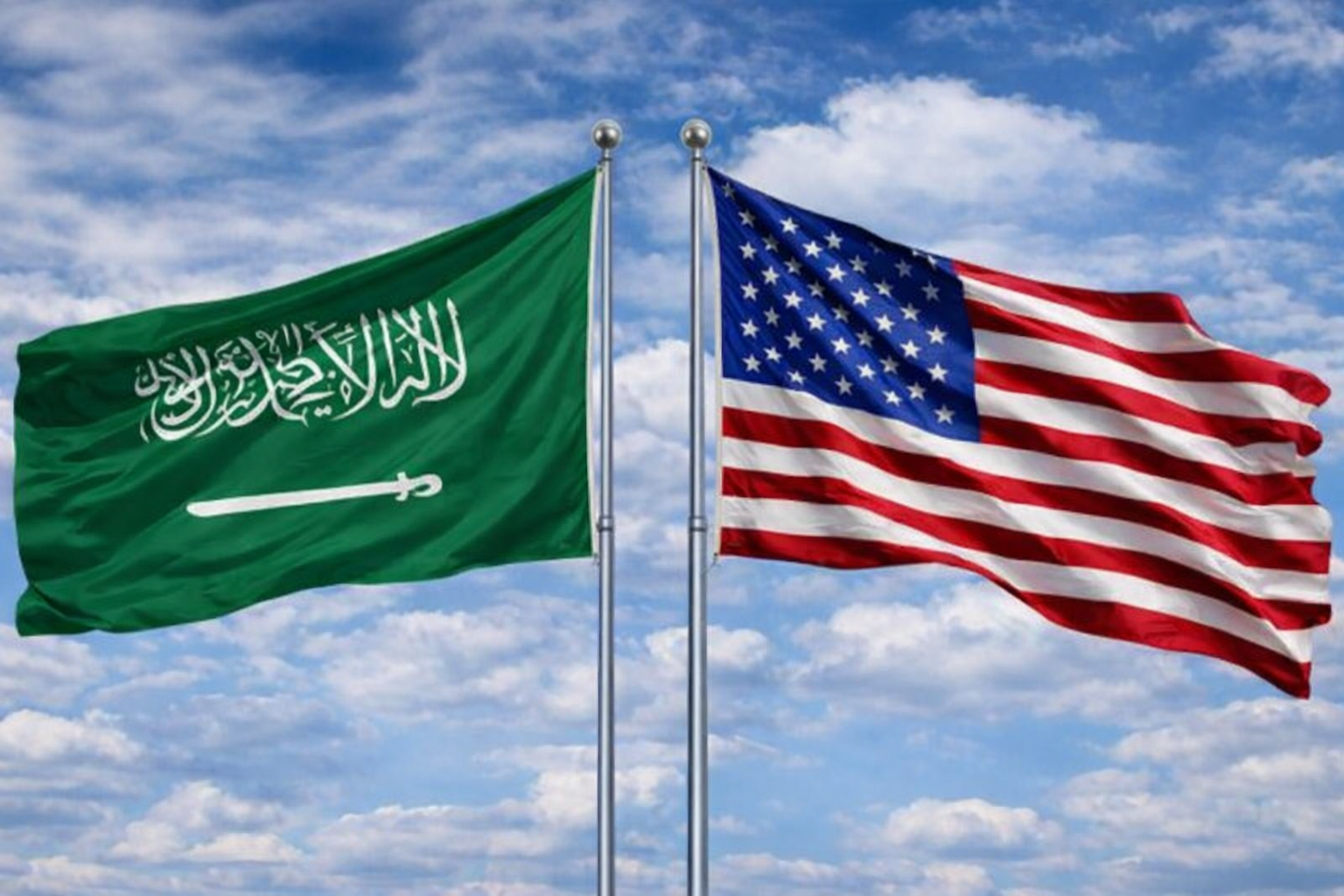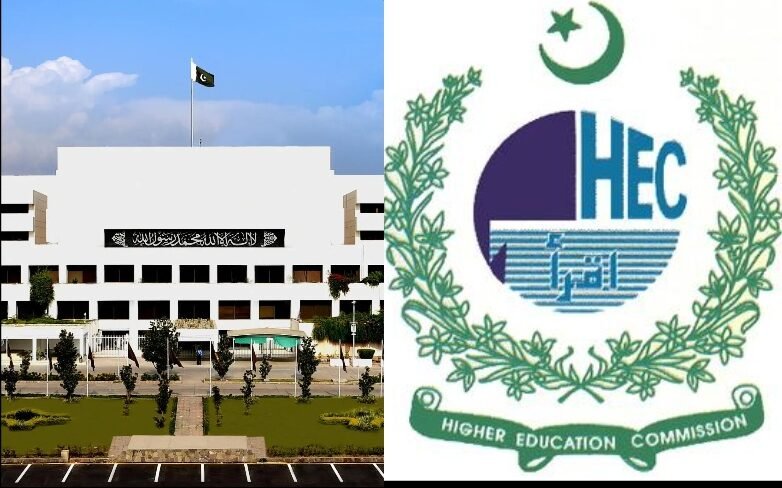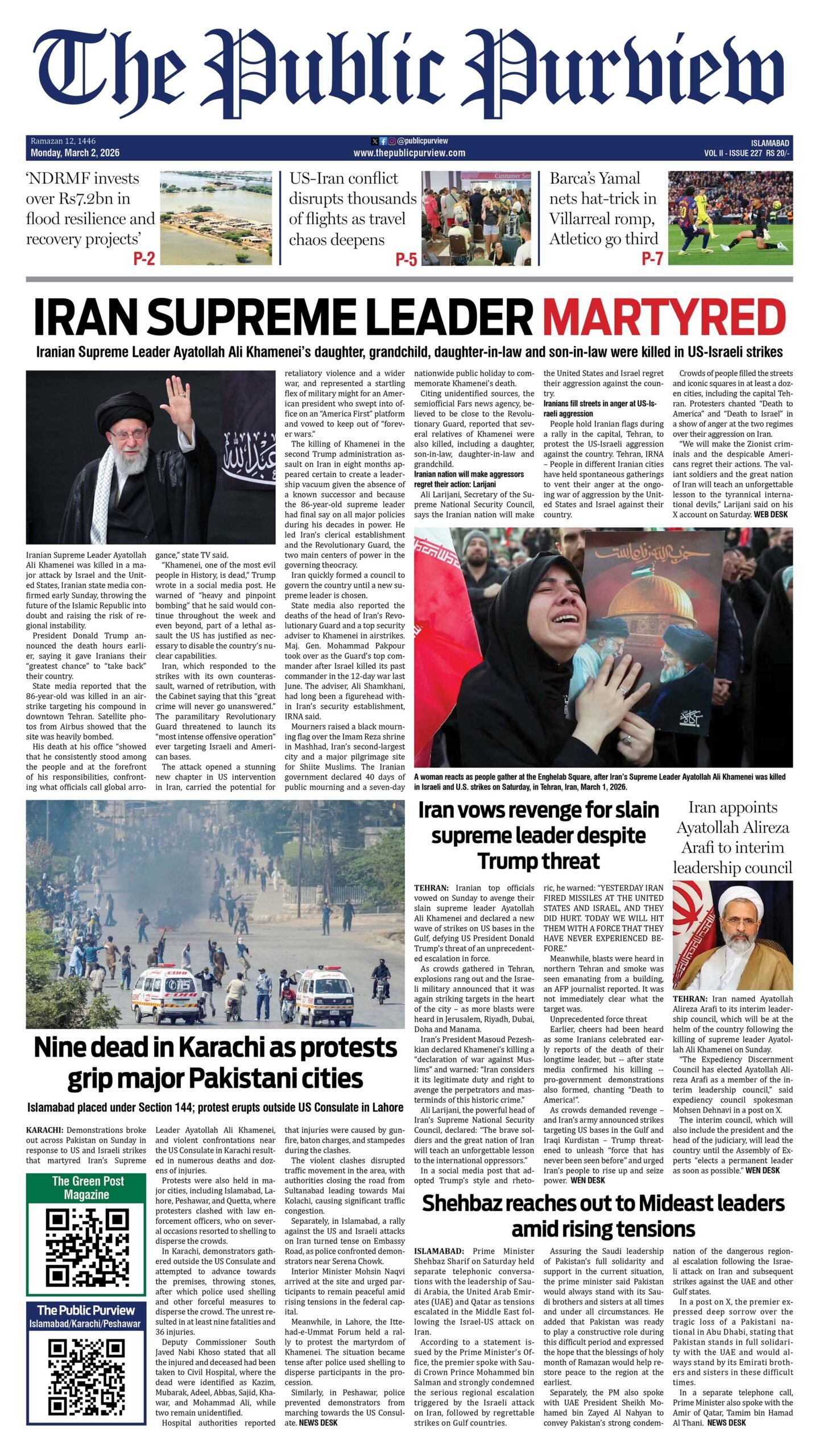In the midst of escalating global tensions, the role of seasoned diplomacy becomes not only crucial but potentially world-altering. Pakistan People’s Party (PPP) Chairman and former Foreign Minister Bilawal Bhutto Zardari has emerged as a vocal critic of global silence in the face of mounting aggression in the Middle East, while simultaneously reclaiming Pakistan’s diplomatic assertiveness on the long standing Kashmir issue. His recent remarks in the National Assembly underscore a significant pivot in Pakistan’s foreign policy narrative one that places justice, human rights, and strategic deterrence at its core.
Bilawal’s invocation of Pastor Martin Niemöller’s haunting poem, “First They Came,” during a parliamentary session signals more than mere rhetorical flourish. It is a call for collective global accountability. “First, they came for the Palestinians… then for the Lebanese… the Yemenis… and now they’ve come for Iran,” Bilawal warned, urging both national and international communities to break their silence against what he described as Israel’s expansionist aggression. This emotional appeal reflects Pakistan’s growing concern over the Iran-Israel war, which has intensified after Tel Aviv’s airstrikes and subsequent US attacks on Iranian nuclear facilities.
Bilawal’s remarks come at a time of heightened volatility, as fears of a broader regional or even global conflict loom large. The specter of World War III, once confined to speculative fiction, now features prominently in political discourse. His assertion that unchecked Israeli aggression could drag the world into an irreversible spiral of war is not without merit. With multiple fronts already active Gaza, Lebanon, Yemen, and now Iran the risks of miscalculation between heavily armed states are dangerously high. For Pakistan, a country with strategic ties to both the Middle East and South Asia, staying neutral is no longer an option.
But Bilawal’s diplomatic activism is not confined to the Middle East. He has also refocused international attention on Kashmir, a flashpoint that nearly ignited a catastrophic war between two nuclear armed neighbors last month. Following an attack in Indian Illegally Occupied Jammu and Kashmir (IIOJK)’s Pahalgam, New Delhi launched cross-border strikes, prompting a robust Pakistani response dubbed Operation Bunyan-um-Marsoos. The Pakistan Air Force downed six Indian Air Force jets, including three Raffles, and neutralized dozens of drones, marking one of the most intense military exchanges between the two countries since the 2019 Pulwama-Balakot confrontation.
The 87-hour conflict, which ended on May 10 with a US-brokered ceasefire, underscored the volatility of the Kashmir issue and the urgent need for sustained international engagement. It also marked a shift in Islamabad’s diplomatic posture. Rather than simply reacting, Pakistan led a high-level diplomatic offensive spearheaded by Bilawal himself with delegations dispatched to Washington, Brussels, and key European capitals to present Pakistan’s narrative. This multi-pronged strategy aimed to expose Indian aggression and draw international attention to the humanitarian crisis in Kashmir.
Critics may argue that such an aggressive diplomatic approach risks further isolating Pakistan. However, the truth is more nuanced. In an increasingly multipolar world, silence is complicity. By taking a stand on both the Middle East and Kashmir, Pakistan is asserting its role as a responsible regional power willing to speak truth to power. Bilawal’s diplomacy underscores the need for a recalibrated foreign policy one that defends national sovereignty while advocating for international justice.
Moreover, Bilawal’s stance resonates with Pakistan’s historical position on Palestine and Kashmir two issues that are emotionally and politically intertwined in the national psyche. His leadership has revived Pakistan’s moral voice in international forums, at a time when the rules-based global order appears increasingly eroded by selective interventions and double standards.
As the world teeters on the edge of multiple crises from Gaza to Kashmir, Tehran to Pahalgam Pakistan’s proactive diplomacy must be seen as a stabilizing force rather than an agitator. Bilawal’s call to action is clear: silence is not neutrality, and inaction is no longer an option. Whether the international community listens, however, remains to be seen. What is certain is that Pakistan, under assertive diplomatic stewardship, is no longer content to be a silent observer.







 Today's E-Paper
Today's E-Paper